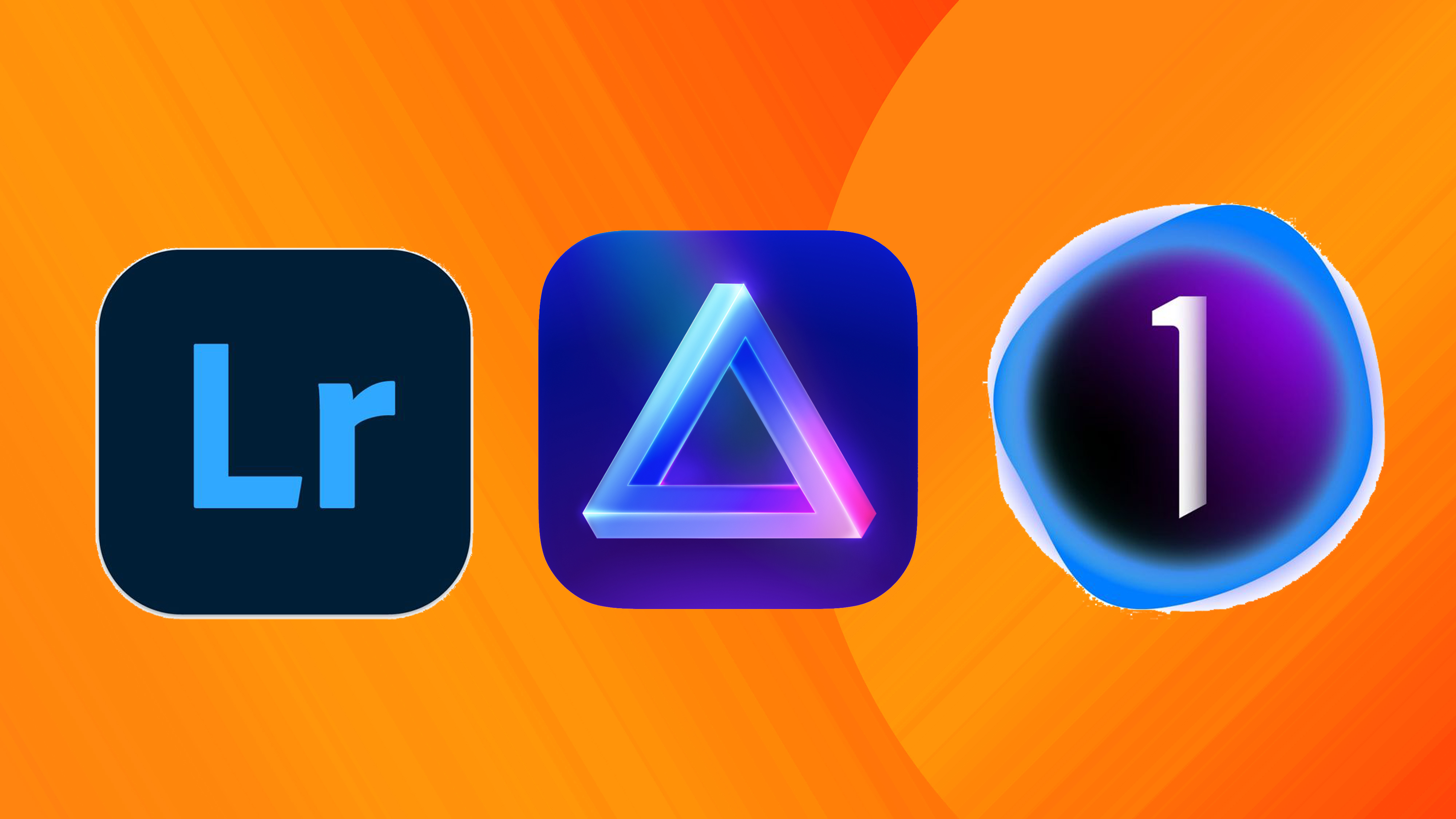Rise by Six: Your Daily Dose of Inspiration
Explore insights and stories that elevate your day.
Photoshop is Out, Fun Editing is In
Discover the exciting world of fun editing! Say goodbye to Photoshop and unlock your creativity with fresh, user-friendly alternatives!
The Rise of Fun Editing: Why It's Taking Over Photoshop
The digital landscape is evolving, and with it, the tools for content creation. The rise of fun editing is indicative of a broader shift towards more accessible and engaging software. Unlike traditional programs like Photoshop, which often require extensive knowledge of design principles and software mechanics, fun editing tools prioritize user experience and creativity. These platforms allow anyone—from amateur hobbyists to professional creators—to experiment with visuals without feeling overwhelmed. Features such as intuitive interfaces, playful filters, and instant editing capabilities are making fun editing not just a trend, but a staple in modern content creation.
Moreover, the accessibility of fun editing tools caters to a wider audience, appealing to social media enthusiasts and casual users alike. As platforms like Instagram, TikTok, and Snapchat continue to dominate the social media space, the demand for visually appealing content grows. Fun editing enables users to create eye-catching graphics, enhance their photos with playful effects, and engage audiences in new ways—all without the steep learning curve associated with traditional editing software. It’s no surprise that fun editing is taking over Photoshop; it's not just about functionality but about fostering creativity and community in the digital age.

Creative Alternatives to Photoshop: Tools and Techniques for Fun Editing
While Adobe Photoshop is a powerful tool for photo editing, many users seek creative alternatives to Photoshop that offer unique features and user-friendly interfaces. Tools like GIMP and Pixlr provide robust editing capabilities without the steep learning curve or subscription fees associated with Photoshop. GIMP, an open-source option, allows for extensive customization with plugins and scripts, perfect for those who enjoy a hands-on approach. On the other hand, Pixlr offers an intuitive web-based experience, making it ideal for quick edits on the go. These tools help you unleash your creativity without the constraints of traditional software.
In addition to software alternatives, consider exploring techniques that can enhance your editing process. For instance, using mobile apps such as Snapseed or Canva allows for high-quality edits directly from your smartphone, making it easier to create stunning visuals for social media or personal projects. Experimenting with filters, overlays, and blend modes can add an artistic flair to your images that may not be achievable with conventional editing software. Don't hesitate to mix and match these alternatives and techniques to discover new and exciting ways to express your creativity!
Is Photoshop Becoming Obsolete? Exploring the Shift to Fun Editing
The question of whether Photoshop is becoming obsolete is becoming increasingly relevant in today's fast-paced digital world. While Adobe's software has long been synonymous with professional photo editing, the rise of user-friendly, fun editing apps has started to create a significant shift in how we approach image manipulation. With platforms like Instagram, Canva, and mobile editing applications gaining popularity, casual users are opting for these intuitive solutions that prioritize ease of use over complexity. This transformation caters to a new generation of creators who prioritize quick results and social media-ready images rather than in-depth technical skills.
Moreover, the growing demand for engaging and playful content has fueled the adoption of editing tools that allow users to express their creativity with minimal effort. Features such as filters, stickers, and templates enable users to enhance their images swiftly, making photo editing more accessible and enjoyable. This shift reflects a broader trend towards a more democratized approach to content creation, where anyone can participate without the steep learning curve associated with traditional software like Photoshop. As the landscape continues to evolve, it remains to be seen whether Adobe will adapt to these changes or maintain its focus on professional editing, but one thing is clear: the era of fun and accessible editing is on the rise.